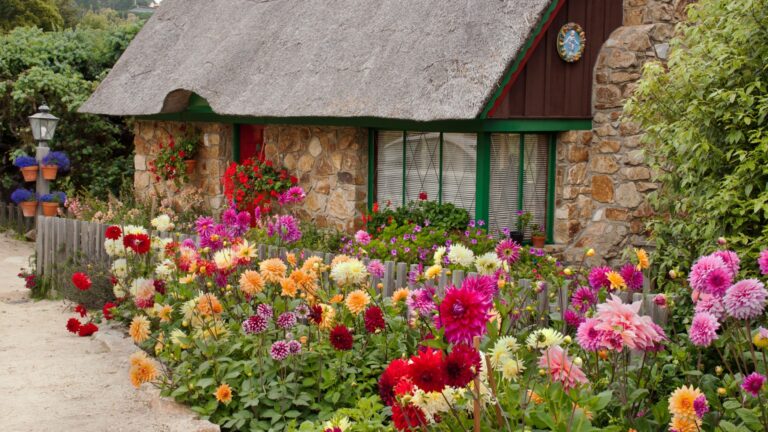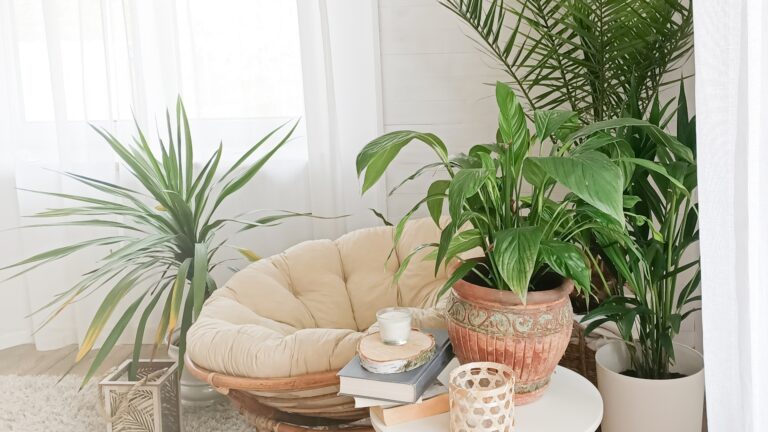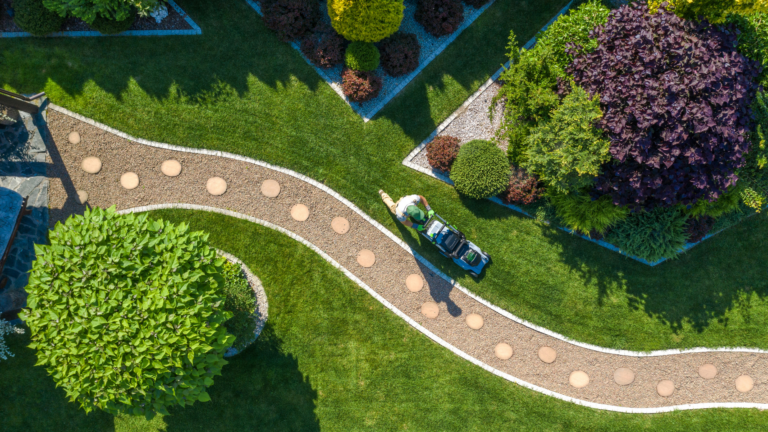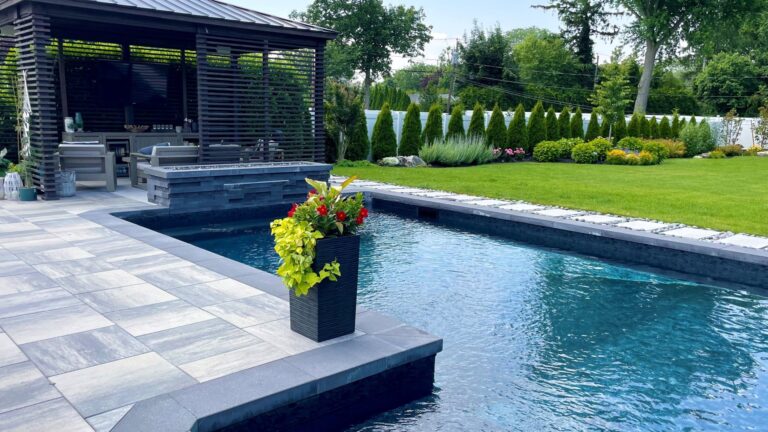16 Things In Your Yard That Are Sending The Wrong Message (And What Neighbors Might Be Thinking)
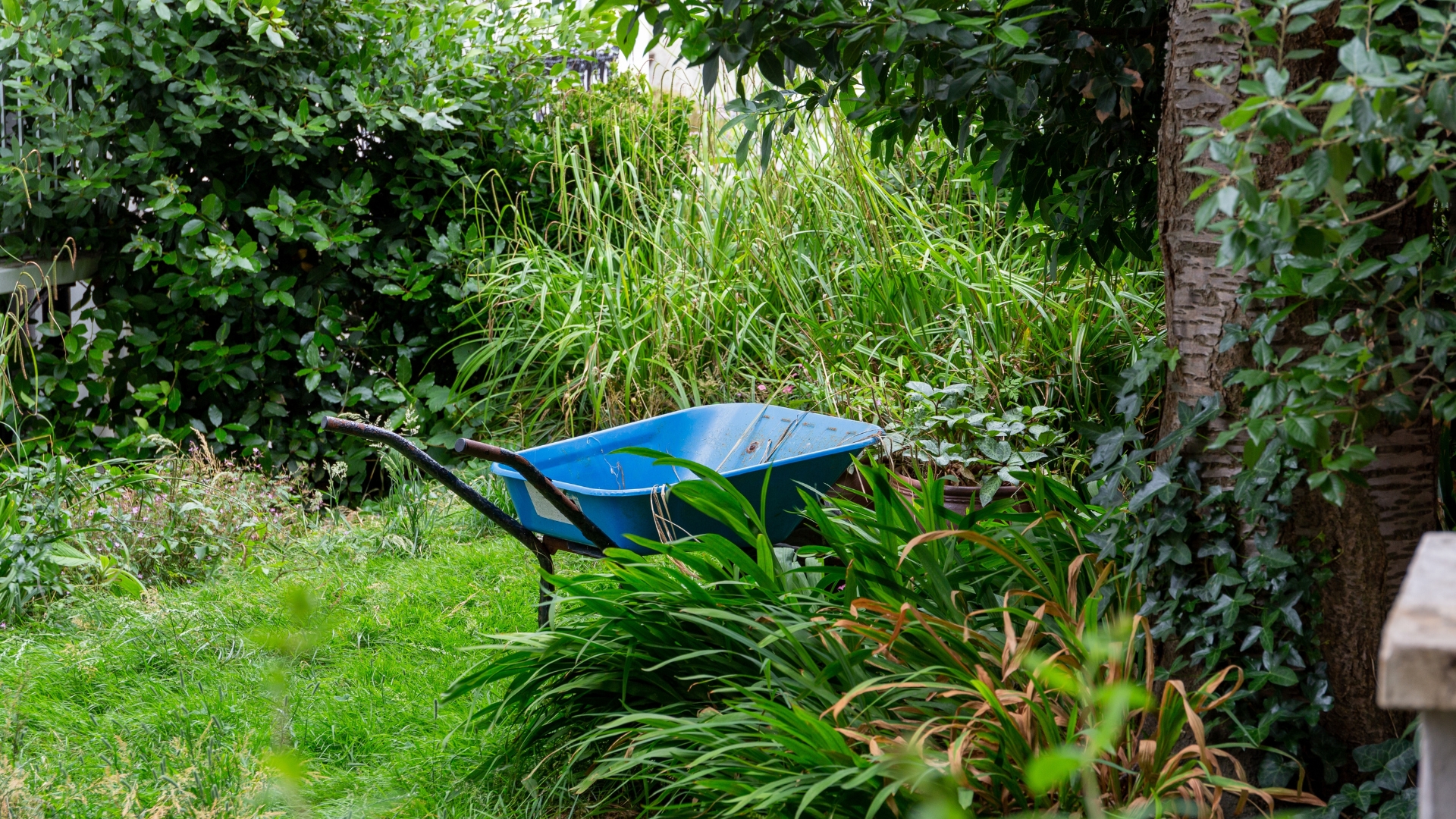
Your yard says a lot—sometimes more than you realize. I’ve had a few setups that seemed fine to me, but clearly weren’t winning points with the neighbors.
These 16 things might be giving off the wrong vibe, from cluttered corners to overgrown plants you’ve stopped noticing. A few simple tweaks can turn things around fast and make your yard feel more welcoming.
If you’re curious what others might be thinking when they walk by, this list might surprise you!
1. Overgrown Grass
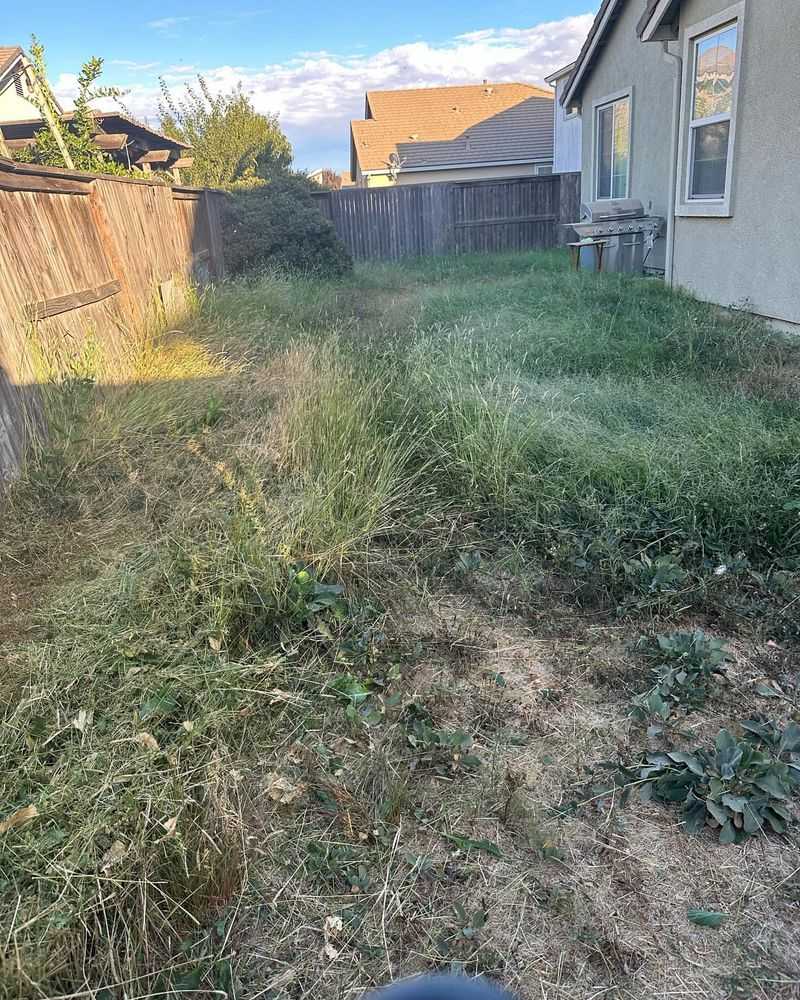
Nobody enjoys looking at a mini jungle next door. When your lawn resembles a wheat field, neighbors wonder if you’ve abandoned the property or simply stopped caring about community standards.
Regular mowing isn’t just about aesthetics—it signals responsibility and consideration. Your neighbors might assume you’re overwhelmed, out of town, or worse, deliberately neglecting your property to spite them.
2. Political Signs That Never Come Down
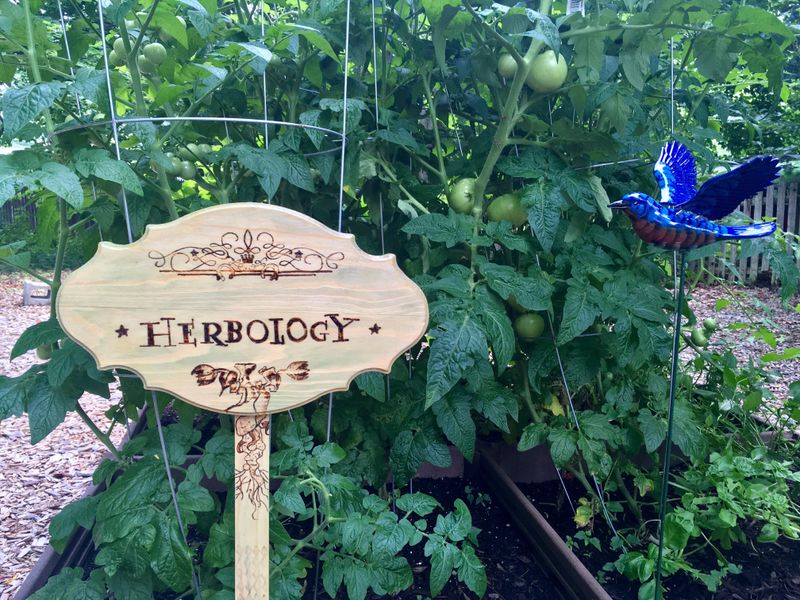
Election season ends, but your political signage remains firmly planted. These forgotten campaign remnants suggest you’re either extremely passionate or completely oblivious to social cues.
Neighbors might assume you’re trying to provoke reactions or start arguments. Even those who share your views might wonder why you’re still advertising for candidates long after votes have been counted.
3. Collection of Broken-Down Vehicles

That fleet of non-functioning cars isn’t fooling anyone. Your ‘someday’ restoration projects are actually lowering property values while raising eyebrows throughout the neighborhood.
Neighbors see these vehicular graveyards as more than eyesores—they’re potential habitats for pests and safety hazards for children. Your automotive collection suggests you prioritize hoarding over neighborhood harmony.
4. Excessive Security Warnings
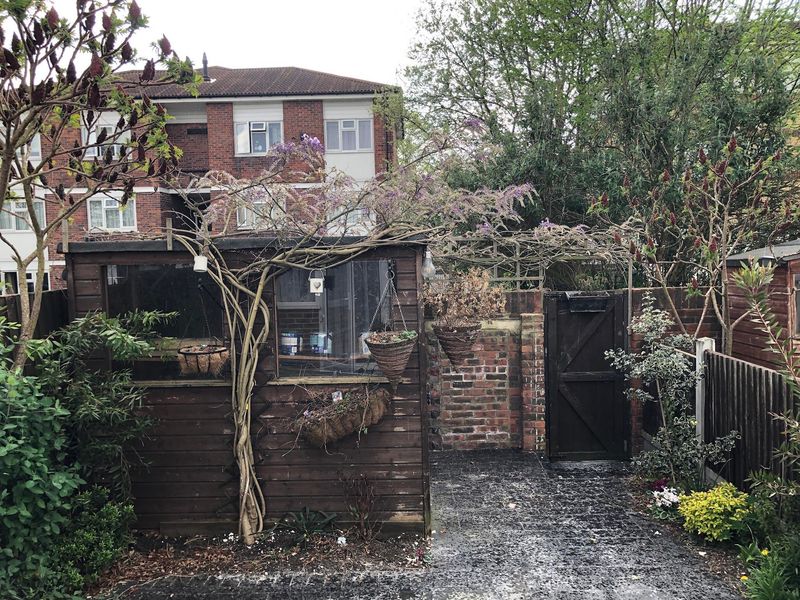
Plastering your property with ‘Beware of Dog’ and ‘No Trespassing’ signs when you have neither dangerous pets nor trespassing problems sends strong signals. These aggressive warnings make your home appear unwelcoming and paranoid.
Neighbors might wonder what you’re hiding or why you’re so defensive. A fortress mentality suggests either genuine fear or antisocial tendencies that make others hesitant to approach you even for friendly interactions.
5. Year-Round Holiday Decorations
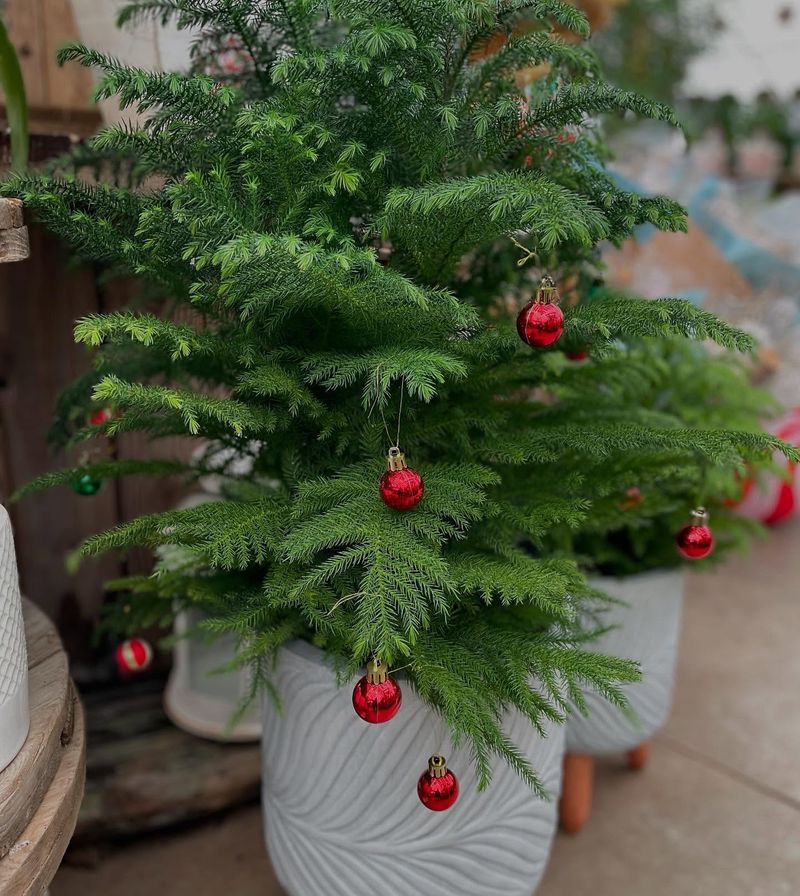
Christmas lights in July aren’t festive—they’re concerning. That inflatable Santa looking sun-bleached in spring tells neighbors you’ve either given up or lack awareness of seasonal appropriateness.
While initially charming, permanent holiday displays suggest disorganization or inability to maintain your property. Neighbors might wonder if you’re frequently away, physically unable to remove decorations, or simply embracing an unconventional approach to holiday spirit.
6. Overflowing Trash Cans
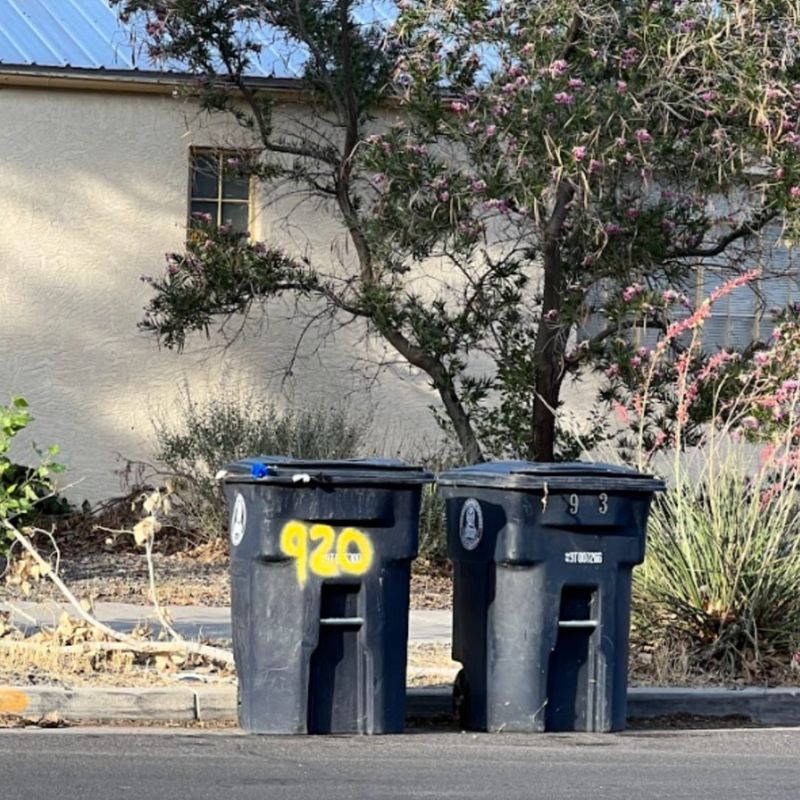
Garbage spilling onto your driveway isn’t just unsightly—it’s a wildlife magnet. When trash day comes and goes while your bins remain stuffed to capacity, it signals domestic chaos.
Neighbors worry about rodents, raccoons, and odors making their way across property lines. Your waste management challenges suggest either frequent travel, overwhelming life circumstances, or concerning indifference to basic household responsibilities.
7. Aggressive Water Features
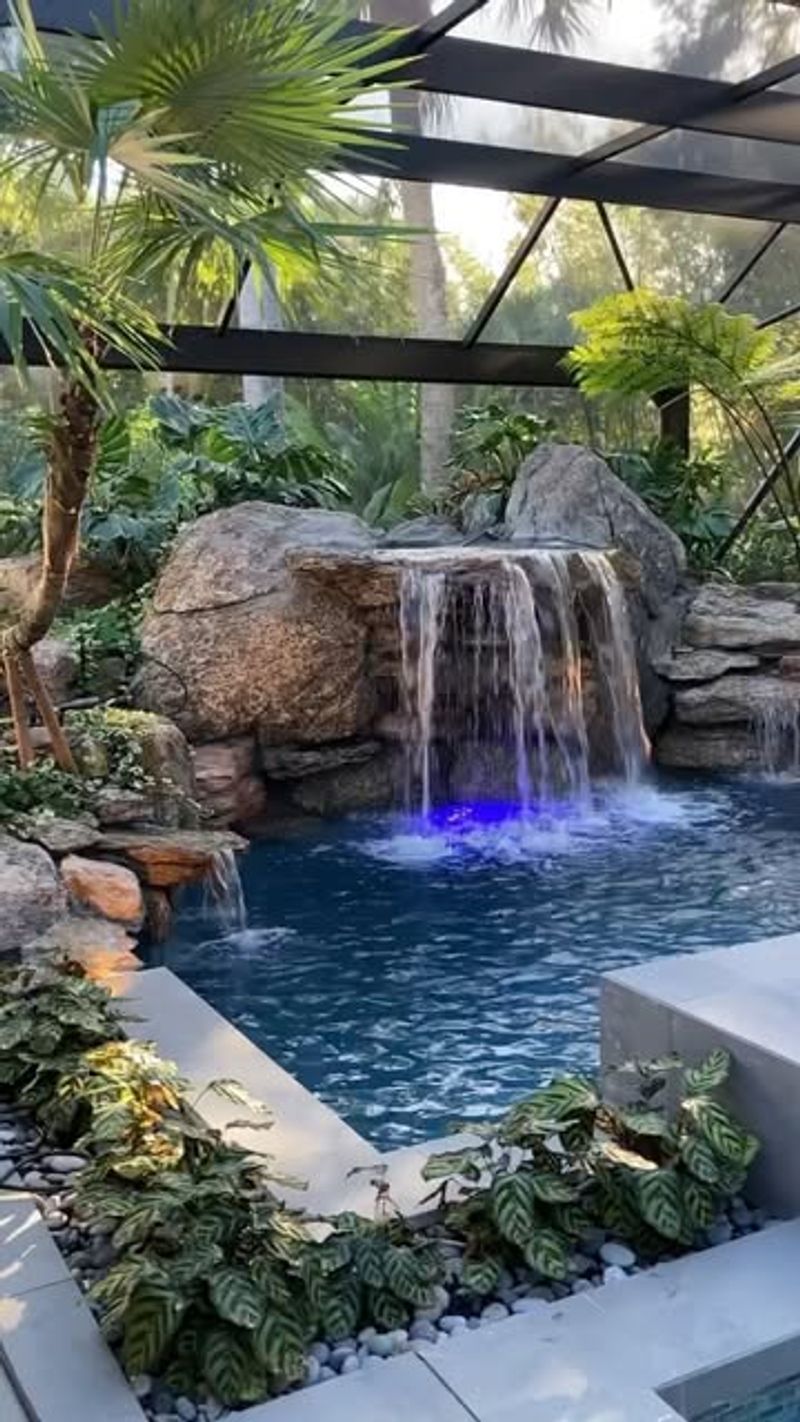
That massive fountain drowning out neighborhood conversations isn’t impressing anyone. Oversized water features with thunderous pumps suggest you’re compensating for something or deliberately creating noise barriers.
Neighbors see these aquatic monstrosities as attention-seeking displays rather than tasteful landscaping. Your water feature’s constant gurgling might have them wondering if you’re trying to block out their existence or simply enjoy the sound of artificial waterfalls.
8. Neglected Children’s Toys
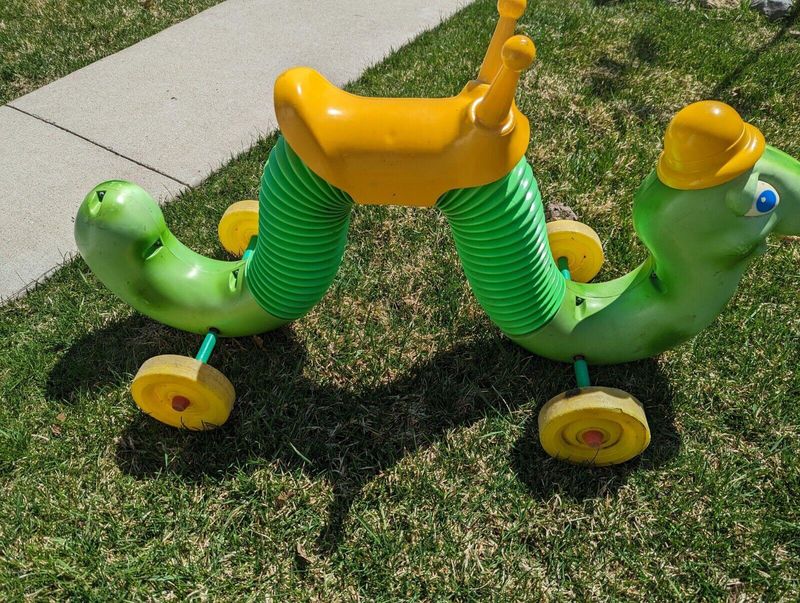
Faded plastic playsets and abandoned bikes scattered across your lawn tell a sad story. These weather-beaten remnants of childhood fun suggest either neglect or that your kids have long outgrown them.
Neighbors see these forgotten toys as signs of disorganization and poor maintenance. The plastic graveyard creates an impression of a household too overwhelmed to maintain appearances or too attached to let go of outgrown possessions.
9. DIY Projects Gone Wrong
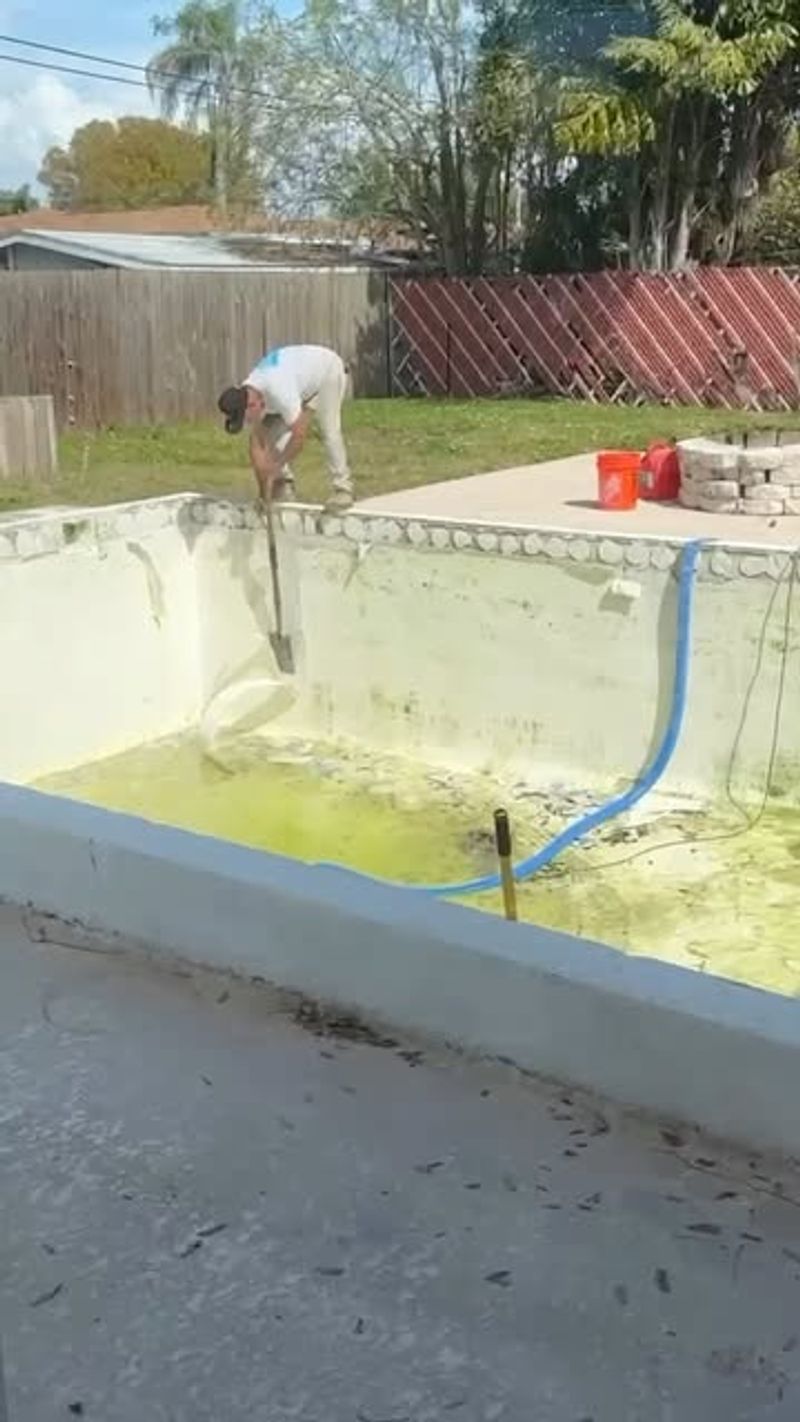
That half-finished deck or crooked fence has become a neighborhood landmark—for all the wrong reasons. Abandoned home improvement attempts suggest you’ve bitten off more than you can chew.
Neighbors wonder if you’ve run out of money, motivation, or skill. These permanent works-in-progress create an impression of impulsiveness without follow-through, making them question your decision-making in other areas of life.
10. Excessive Lawn Ornaments
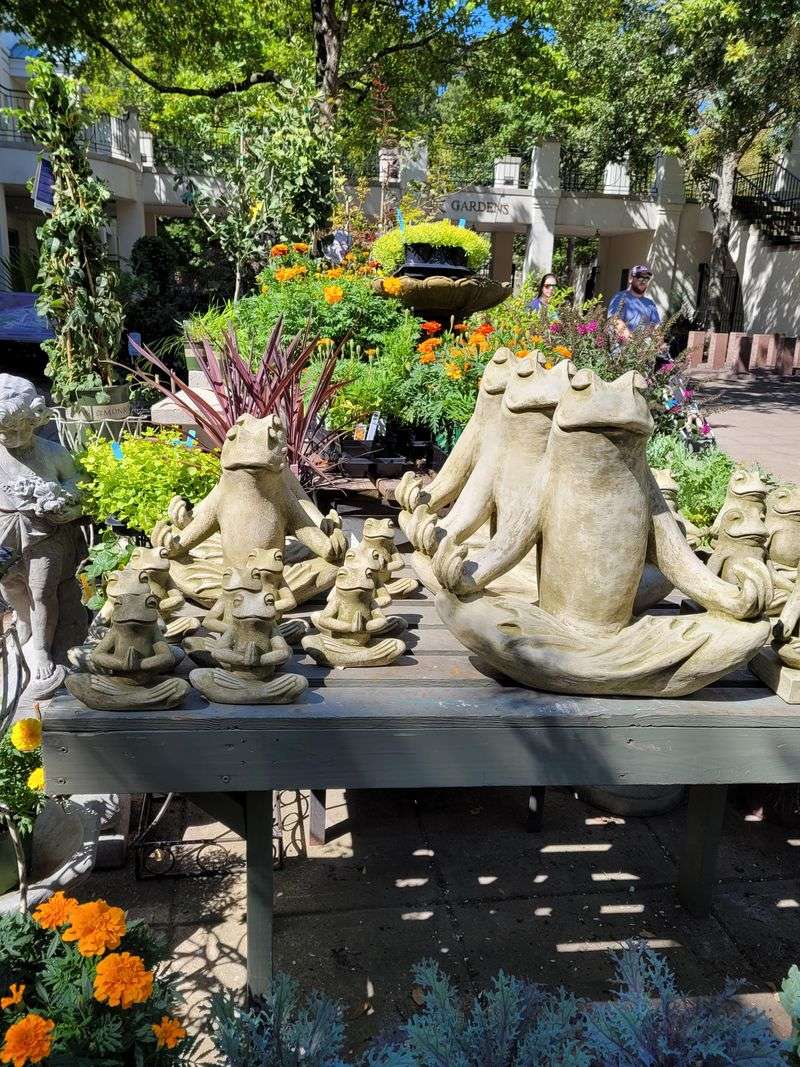
Your garden gnome army isn’t cute—it’s concerning. When decorative items outnumber plants, your yard crosses from charming to cluttered, suggesting questionable aesthetic judgment.
Neighbors see your flamingo flock or concrete creature collection as evidence of hoarding tendencies or desperate attention-seeking. While one or two ornaments show personality, your extensive collection broadcasts eccentricity that might make others wonder about your mental organization.
11. Permanently Parked RV
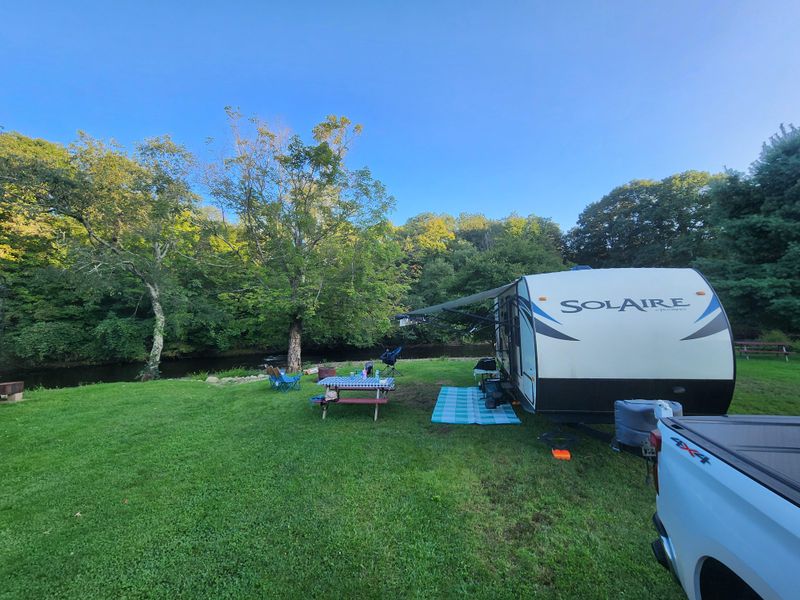
That massive recreational vehicle hasn’t moved in months. Your driveway-dominating camper suggests either ambitious travel plans or a potential alternative housing situation that neighbors find concerning.
The permanently parked RV creates speculation about financial troubles or preparations for doomsday. Even worse, neighbors worry you might be renting it out, bringing unknown visitors into their carefully vetted community.
12. Bizarre Lawn Art
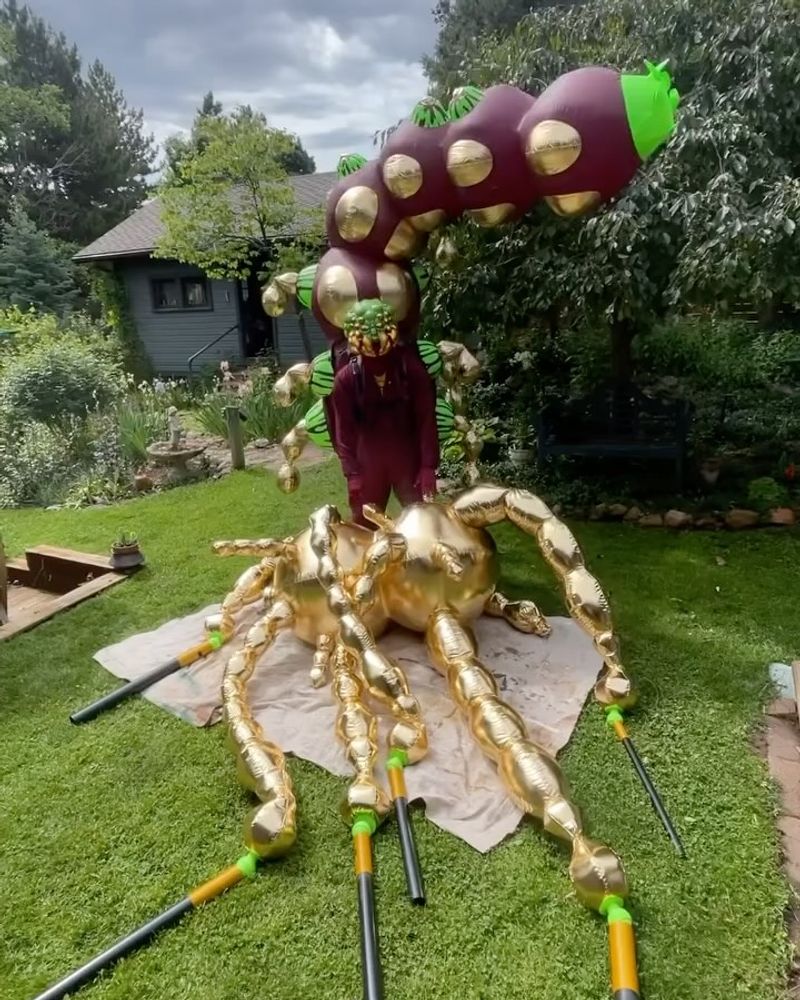
Your “artistic expression” made from repurposed junk isn’t avant-garde—it’s alarming. That sculpture assembled from old bicycle parts and mannequin limbs makes neighbors question your stability rather than admire your creativity.
While you might see innovative upcycling, others see potential mental health red flags. These unusual displays suggest you either don’t understand social norms or deliberately reject them, making neighbors hesitant to engage.
13. Unkempt Vegetable Garden
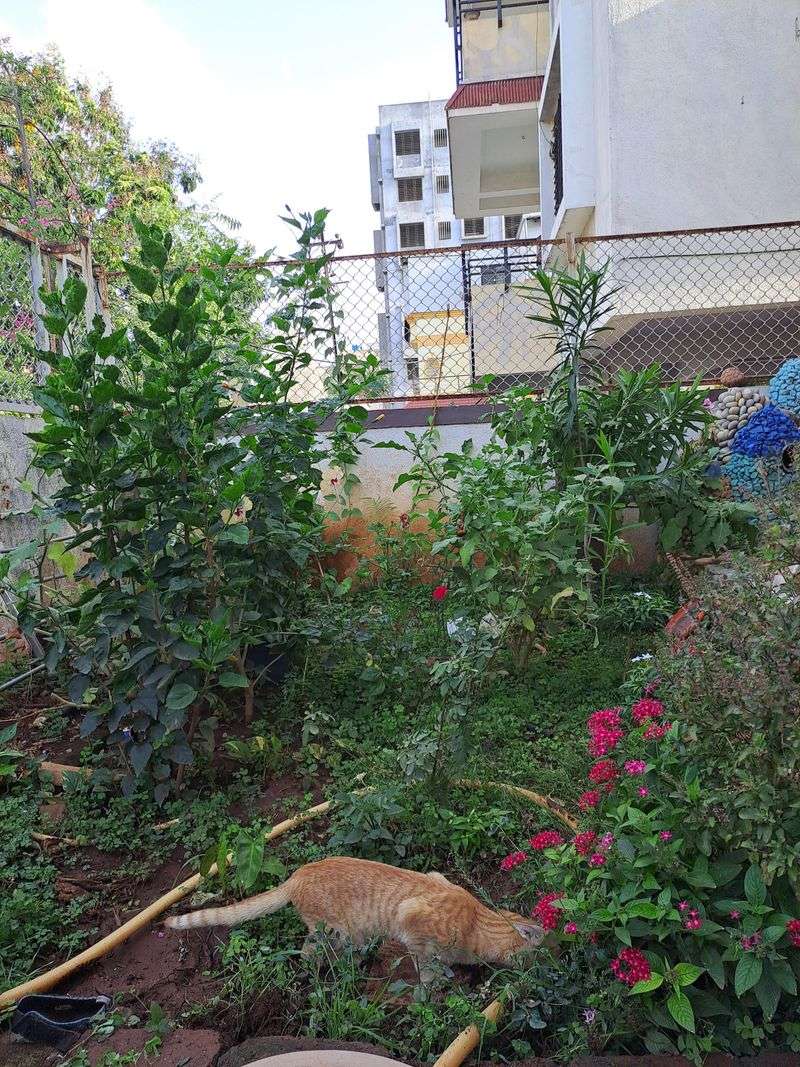
Growing your own food is admirable—until it resembles a weed farm. That abandoned attempt at urban farming has become an eyesore of withered tomato cages and volunteer squash vines crawling into neighboring yards.
Neighbors appreciate sustainability but question your commitment when garden beds become neglected. Your failed agricultural experiment suggests good intentions without follow-through, making them wonder if other aspects of your life follow similar patterns.
14. Mystery Tarps Covering Unknown Objects
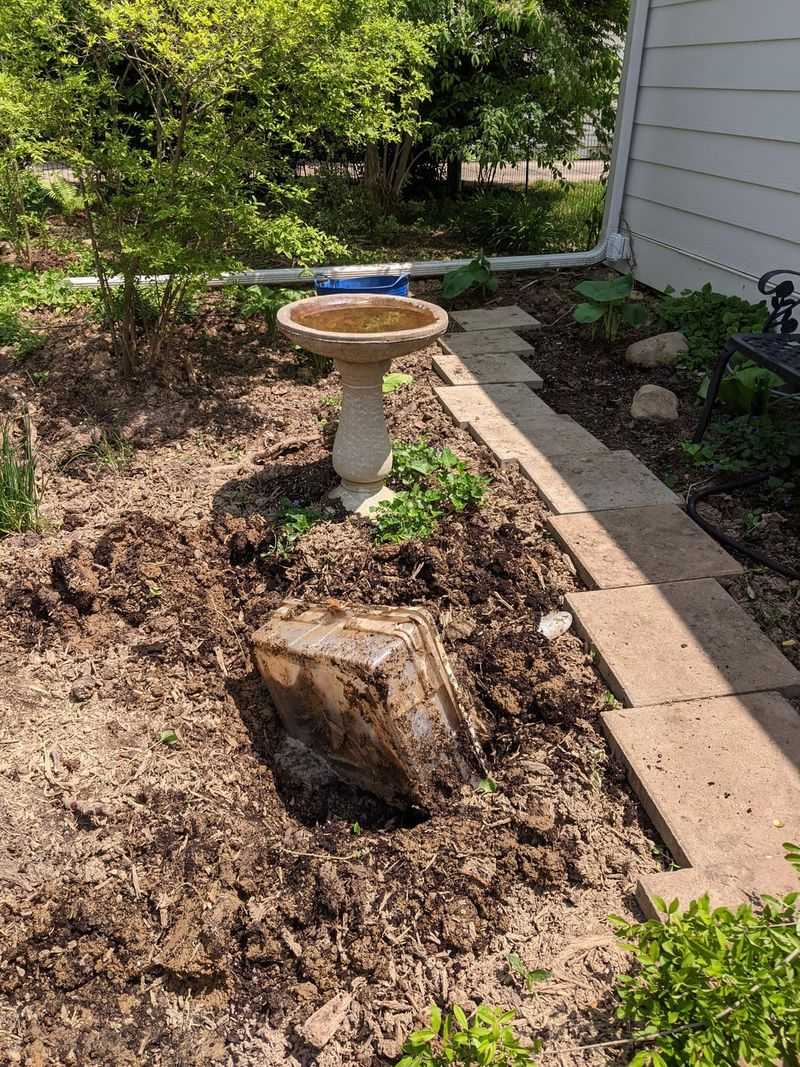
Those blue tarps aren’t hiding anything—they’re highlighting it. Mysterious covered mounds in your yard create more questions than if you’d just left items exposed.
Neighbors’ imaginations run wild about what might be underneath. These suspicious coverings suggest either illegal activities, embarrassing collections, or items too damaged to display openly, none of which inspire confidence in your household management.
15. Excessive Security Cameras
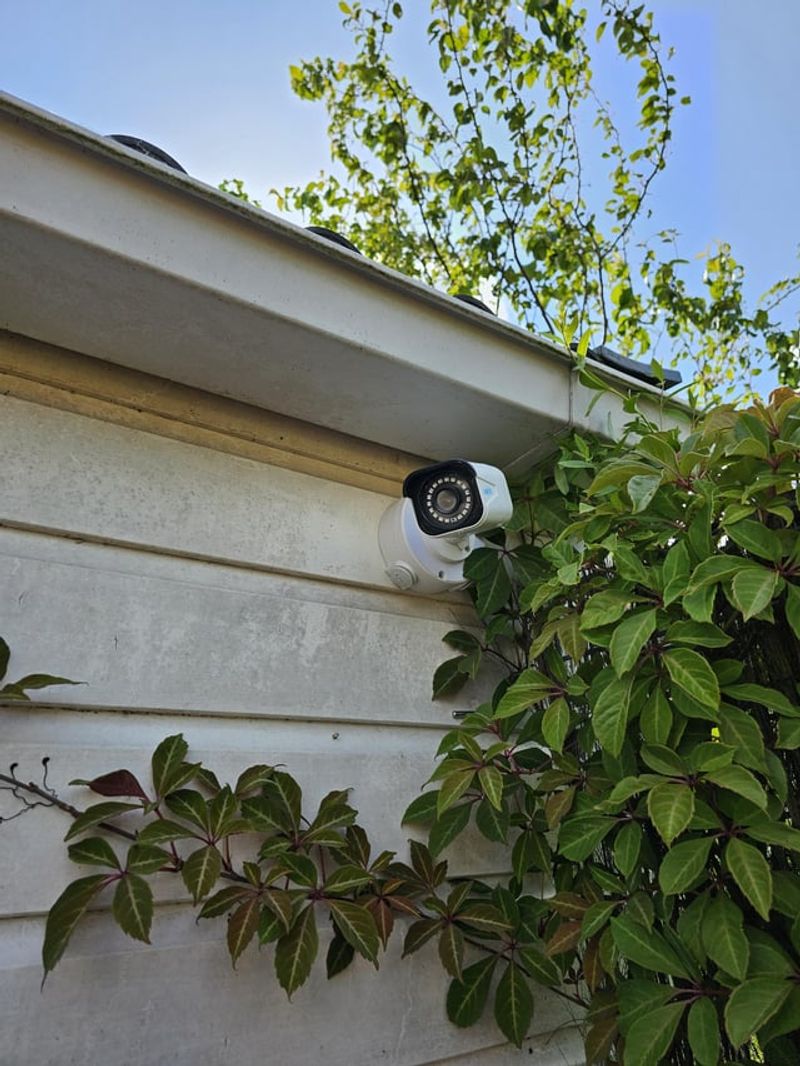
Your home surveillance system rivals Fort Knox. While one camera suggests prudence, your dozen devices pointing in all directions create an atmosphere of paranoia and distrust.
Neighbors wonder if you’re monitoring them rather than protecting yourself. This electronic fortress suggests either valuable possessions, previous victimization, or concerning suspicion of everyone around you—making casual neighborly interactions feel like interrogations.
16. Makeshift Fencing Solutions
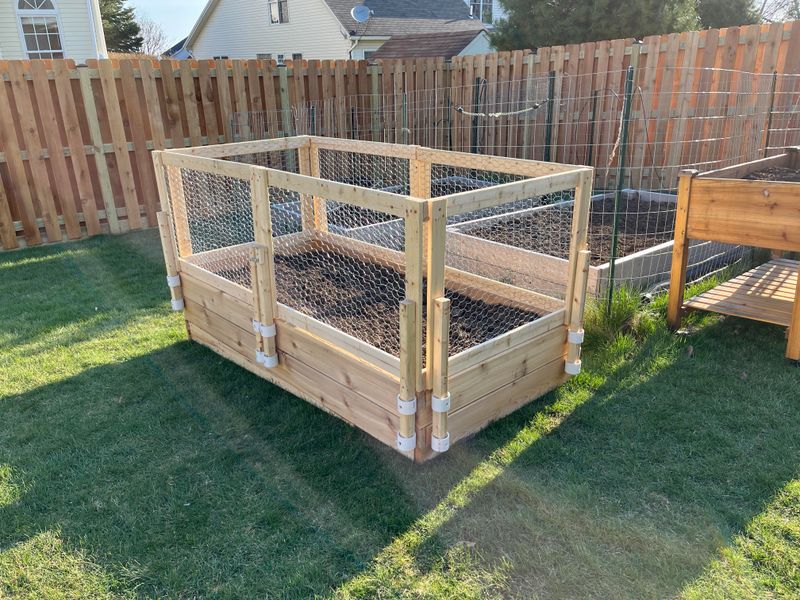
That property boundary cobbled together from pallets, chicken wire, and plastic sheeting isn’t innovative—it’s alarming. Your improvised barrier suggests either financial struggles or disregard for neighborhood aesthetics.
Neighbors see these hodgepodge solutions as evidence of impulsive problem-solving rather than thoughtful planning. While you might view it as resourceful recycling, others interpret your patchwork perimeter as a concerning indicator of your approach to other responsibilities.



